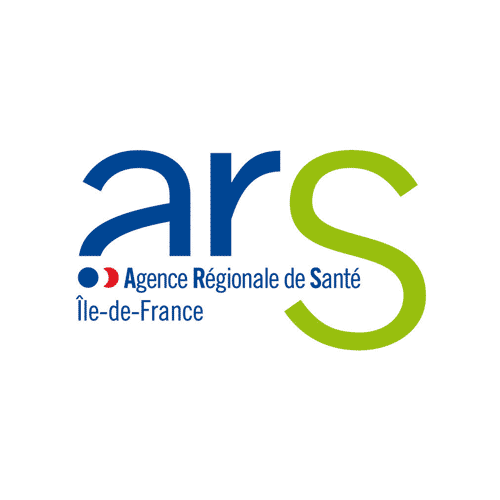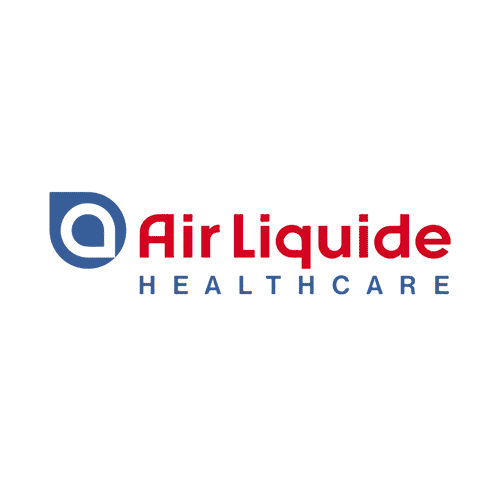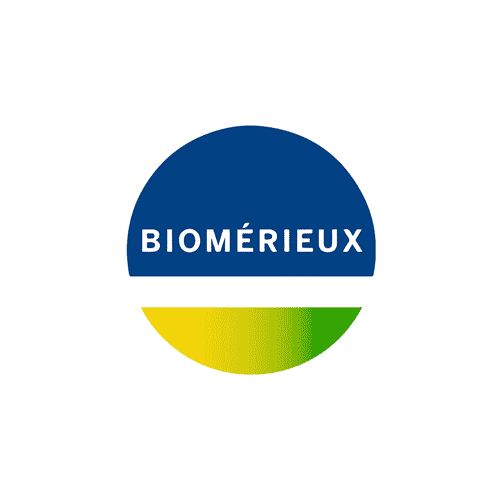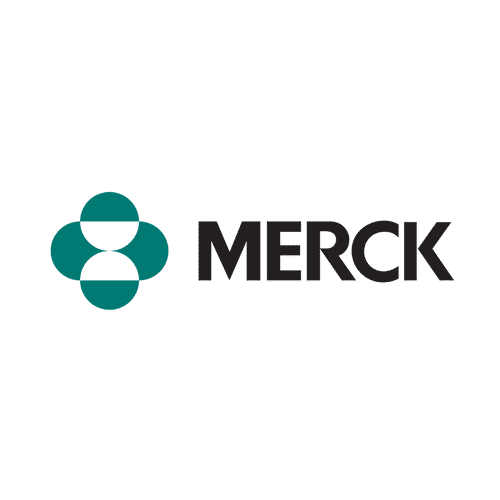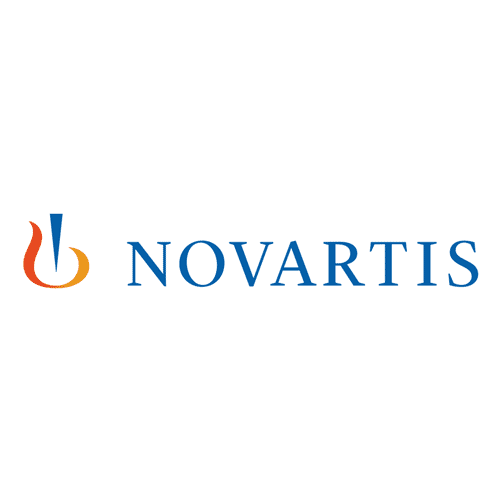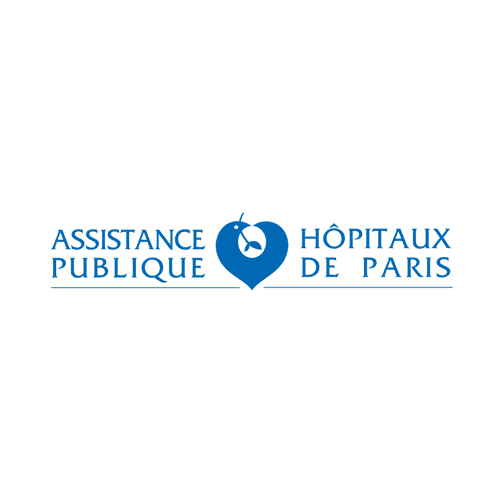
Article 51

Finance your strategic healthcare innovation project
Thanks to our in-depth knowledge of the article 51 system, we can help companies in the construction of their projects with a view to the successful submission of their experiment within the framework of Article 51.
The challenges related to article 51
Article 51 offers healthcare players the opportunity to test new approaches by deviating from the usual rules of organization and financing. The aim is to promote innovative organizations that contribute to improving patient care, healthcare system efficiency, access to care and the pertinence of healthcare product prescriptions. This new financing tool necessarily raises a number of questions:
Within the framework of this article of law 51, there is no restriction on the nature of the project leader. The project leaders can be user associations, public or private healthcare establishments, federations, unions, healthcare professionals, start-ups, home care professionals, complementary organizations or local authorities. In addition, this system is applicable to the public and private sectors, local medical care and hospitals, as well as to the medico-social sector. Although the framework is broad, it is necessary to have a real strategic reflection on the contours of the project, its innovative character, its purpose and its partnership model.
A great deal of latitude is given on paper: the experiments can be local, regional, interregional or national (although this last option is not often used). The duration of the experiment can vary from a few months to a maximum of 5 years. This therefore requires making choices to build the best model in relation to the identified need.
Article 51 is based on a Test & Learn approach. First, the experiments are tested, then with the help of an evaluation throughout the experiment, lessons are learned and the model is adjusted accordingly. Levers for optimizing the healthcare system are to be identified with the aim of generalizing the experiment and integrating it into common law. The evaluation is carried out throughout the implementation of the project and at the end of the experiment, with co-piloting by the DREES, the CNAM and the Ministry of Solidarity and Health. It is based on the construction of performance indicators, on qualitative approaches and on comparative methods to assess the impact of the experiment.
How we support you in your projects related to article 51
Alcimed supports its clients at all stages of the construction of their projects: to better understand the way in which you can seize the system of Article 51, to reflect on your project and draw its outlines, to identify the partners (including public-private partnerships) and the best strategy to adopt to set up a winning project, or to organize the drafting and submission process of your project in connection with regional and national authorities.
Examples of recent article 51 projects carried out for our clients
You have a project?
To go further
Founded in 1993, Alcimed is an innovation and new business consulting firm, specializing in innovation driven sectors: life sciences (healthcare, biotech, agrifood), energy, environment, mobility, chemicals, materials, cosmetics, aeronautics, space and defence.
Our purpose? Helping both private and public decision-makers explore and develop their uncharted territories: new technologies, new offers, new geographies, possible futures, and new ways to innovate.
Located across eight offices around the world (France, Europe, Singapore and the United States), our team is made up of 220 highly-qualified, multicultural and passionate explorers, with a blended science/technology and business culture.
Our dream? To build a team of 1,000 explorers, to design tomorrow’s world hand in hand with our clients.
The 2018 French Social Security Financing Law introduced, in its Article 51, a system allowing testing of new healthcare organizations based on new funding methods. The objective is to promote innovative organizations contributing to improving the patient pathway, the efficiency of the healthcare system, access to care and even the relevance of the prescription of healthcare products.
Article 51 projects submitted go through an iterative and rigorous selection process, in four main stages:
- The submission of the project by the project leaders
- The first selection filter by the General Rapporteur or the Regional Healthcare Agency (ARS)
- The review by the technical committee made up of all the directors of the Ministry, a Director General of ARS and the director of the National Union of Health Insurance Funds (UNCAM)
- Authorization by ministerial order or by order of an ARS DG
Any legal entity can submit an Article 51 application. The profile of project sponsors is very open, and it is not necessary to have a specific legal status to be eligible. Article 51 is equally accessible to :
- User associations,
- Healthcare establishments (both public and private),
- Federations and unions,
- Healthcare professionals,
- Startups, Homecare professionals,
- Healthcare manufacturers,
- Supplementary organizations and local authorities.
